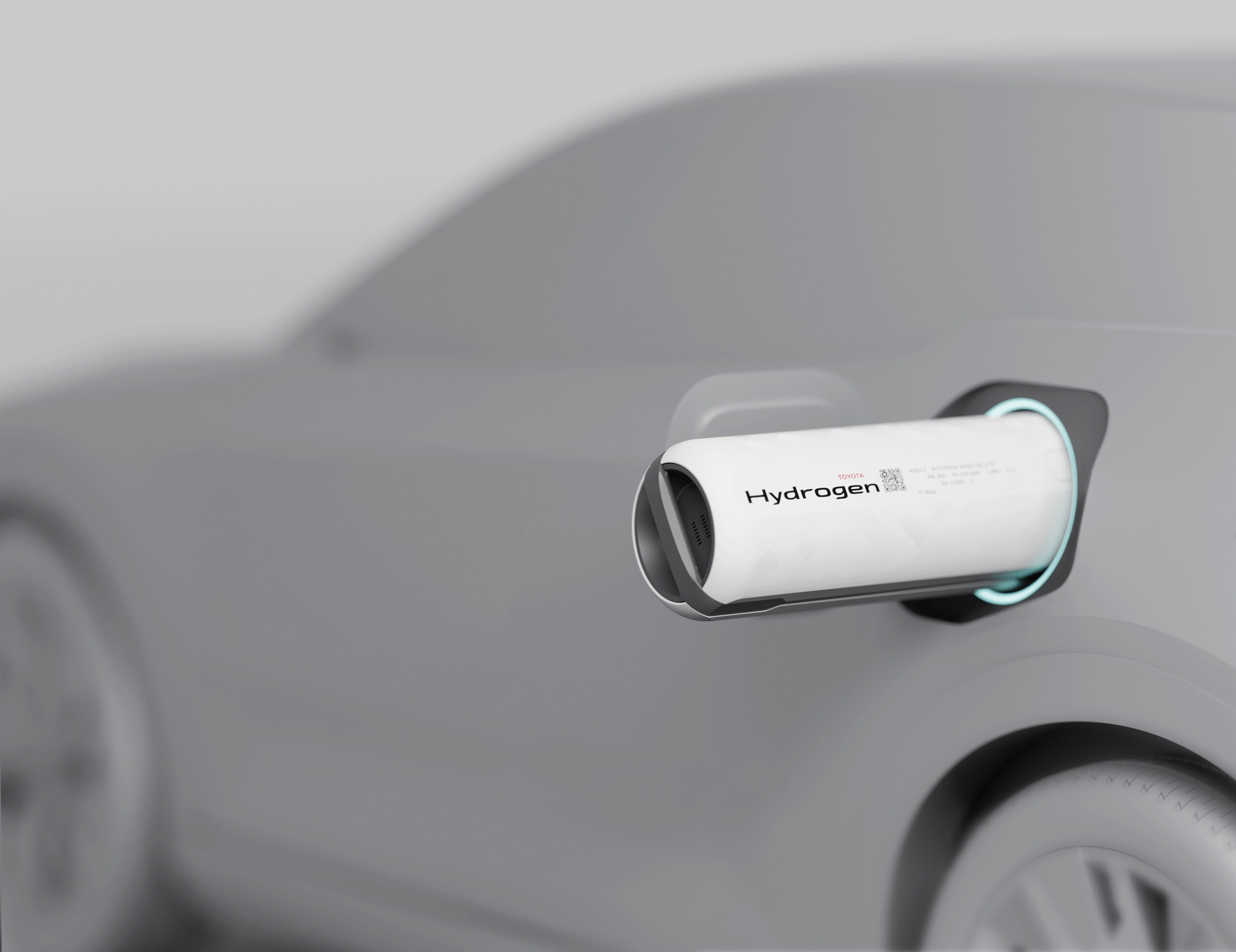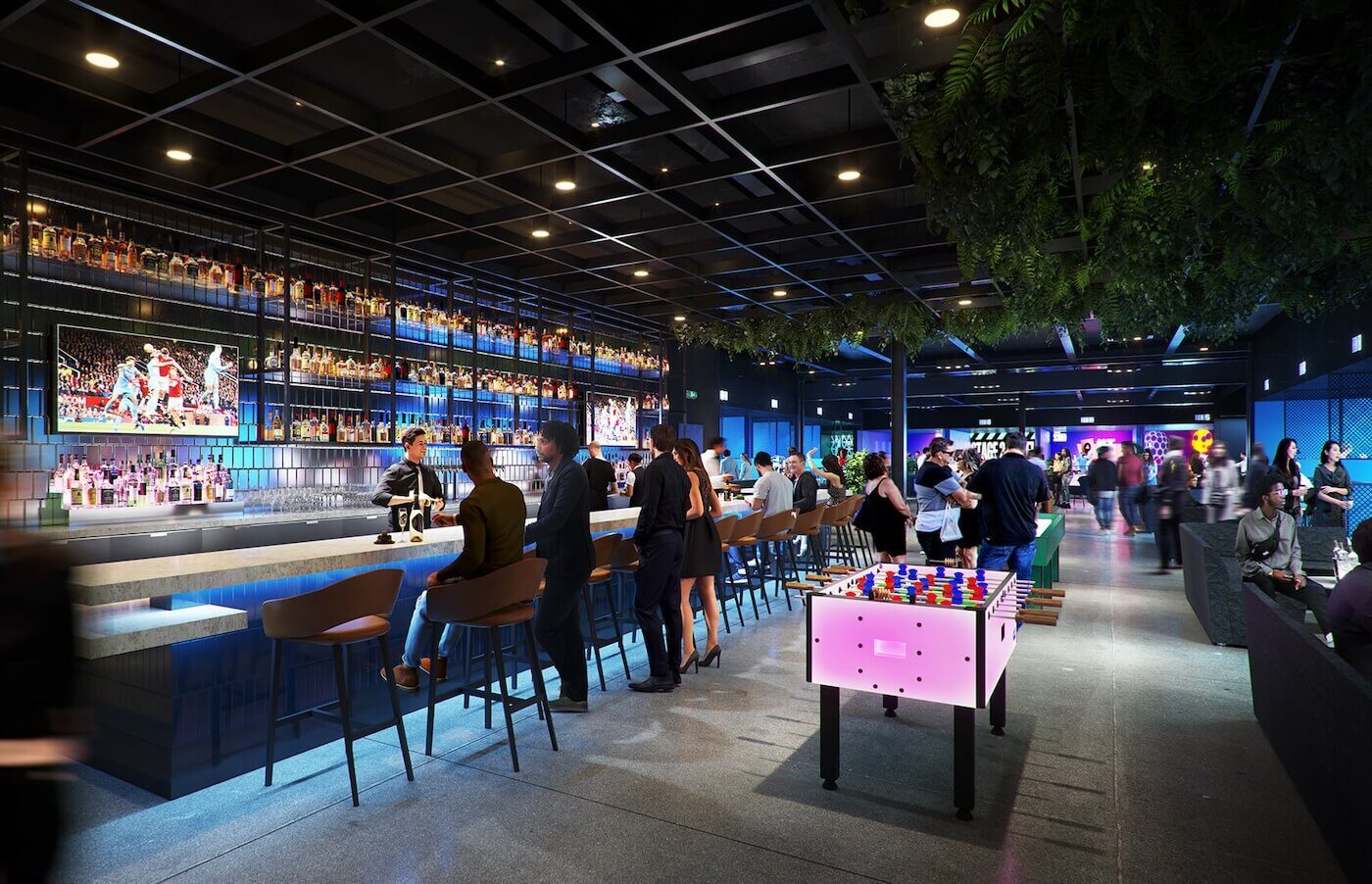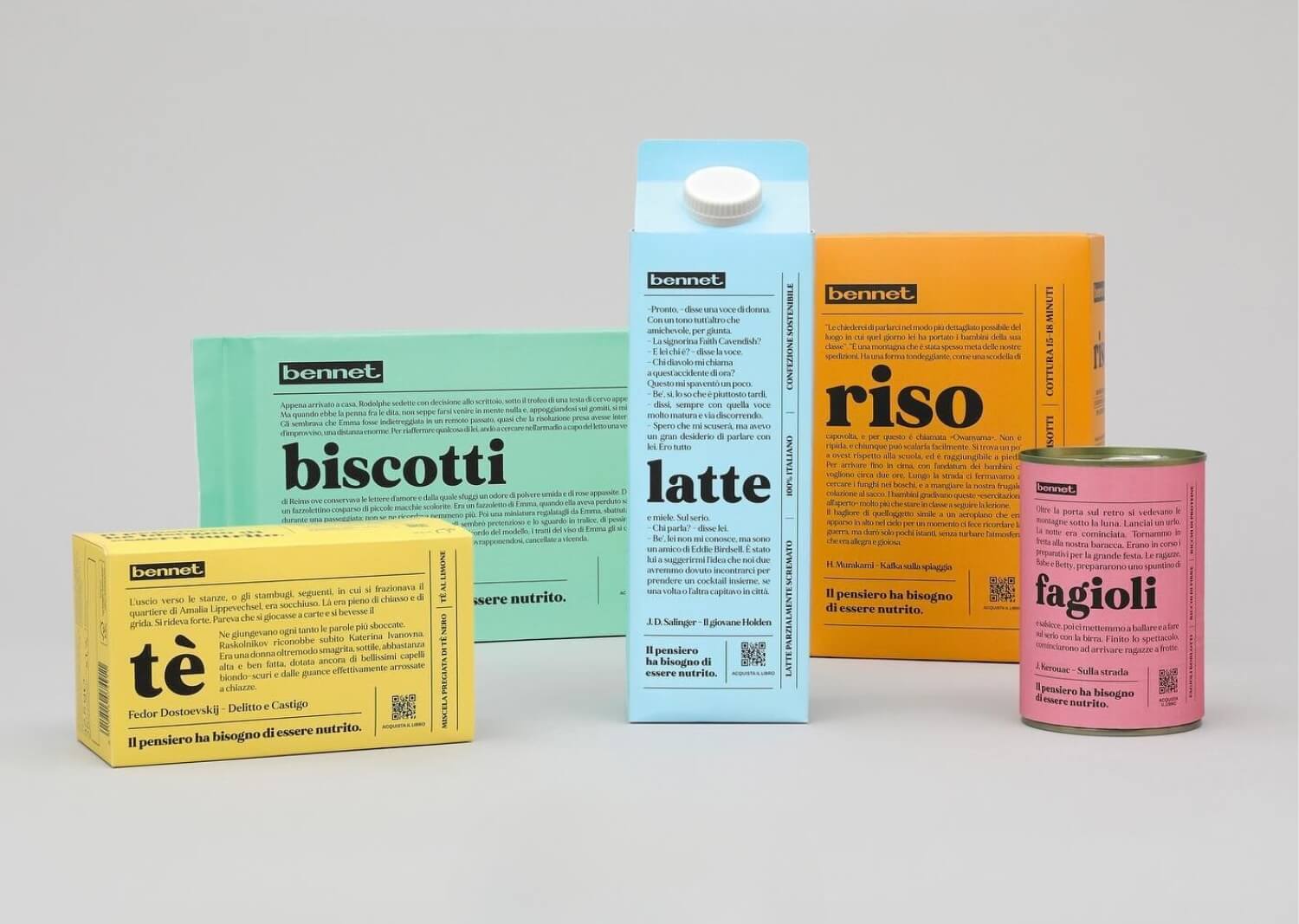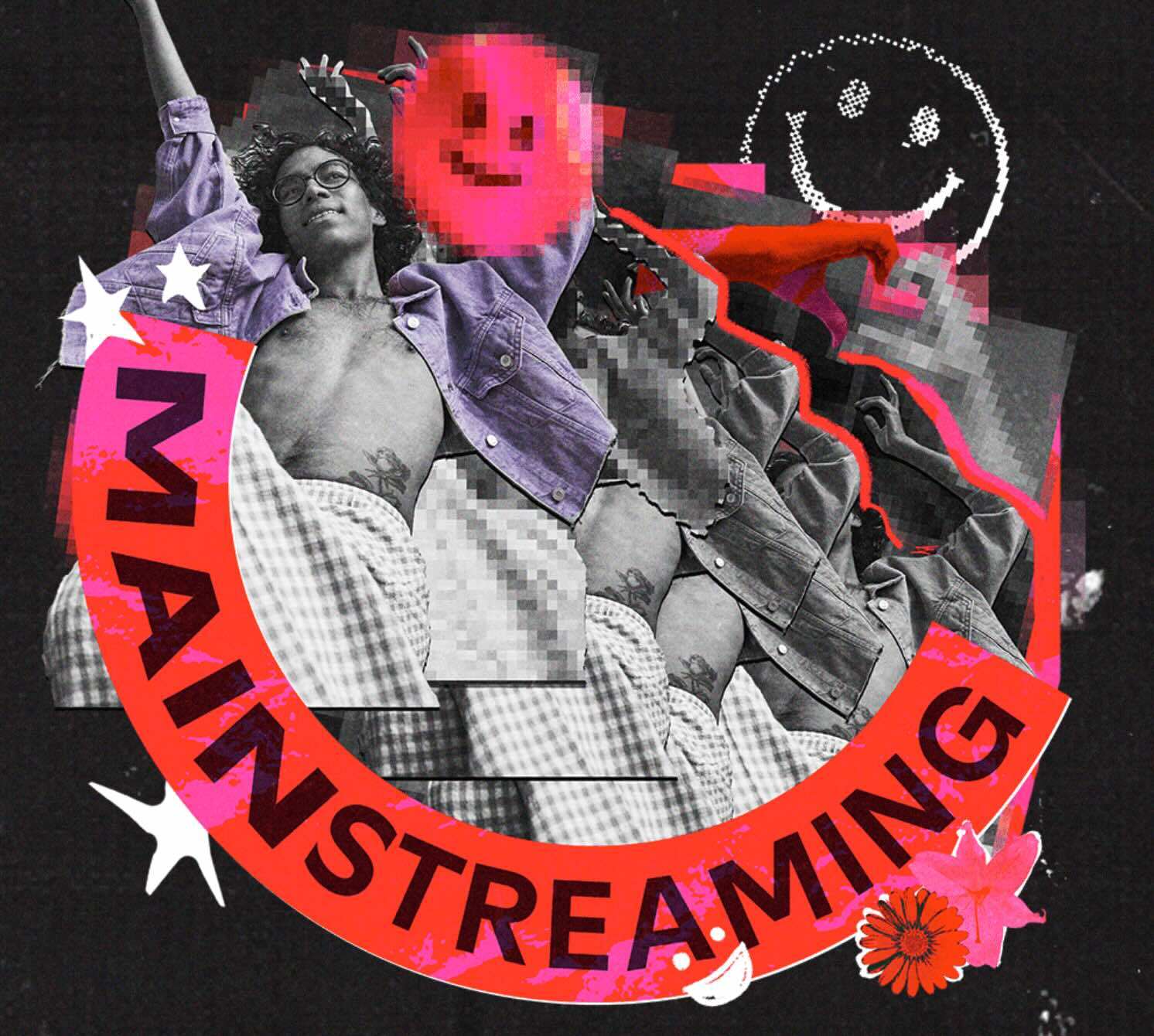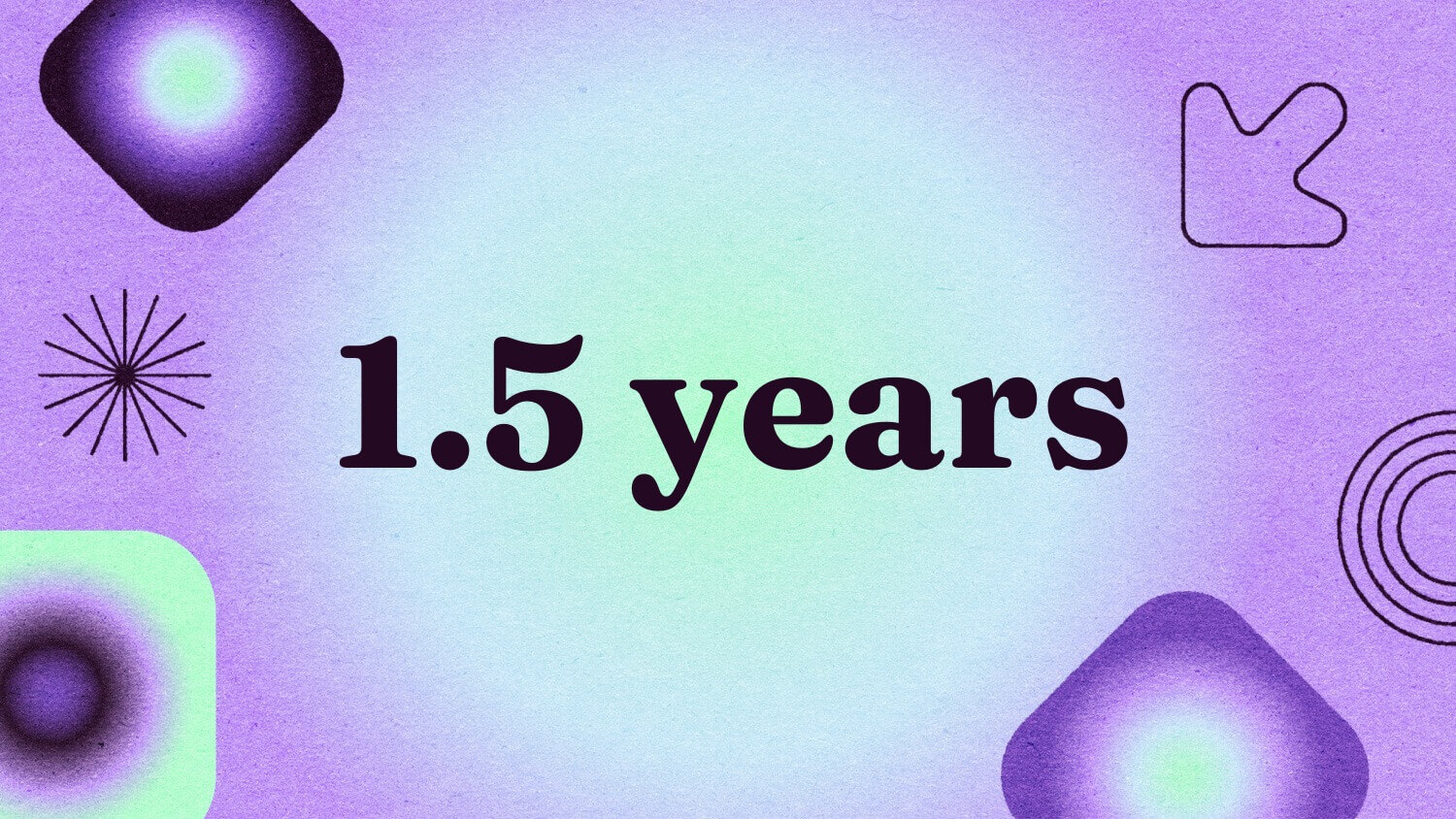As a greenhouse gas, methane is 80 times more potent than carbon dioxide. Yet it often flies under the radar. A new tool called Open Methane, launched this month, is set to change that. Working with AKQA, decarbonization non-profit The Superpower Institute has developed a free and open-source tool to track methane emissions in Australia.
Combining advanced satellite technology with in-situ measurements, Open Methane maps emissions across Australia at a 10×10 km resolution, providing data that is accurate, transparent and auditable. Accuracy is key here — agriculture was long deemed Australia's leading source of man-made methane emissions, but it turns out coal mining and natural gas extraction are the dominant contributors. For a sense of scale, a single coal mine inland from the Great Barrier Reef (studied in 2018 and 2019) had the same annual impact on global warming as over 4 million US cars.
The first results from Open Methane reveal that Australia's methane emissions could be around twice as high as the country's official data. Why the discrepancy? Current numbers rely heavily on self-reporting by the fossil fuel industry, often using outdated methods. And those lower-than-actual numbers inform policy, so legislation isn't based on the real and urgent need to take action, like enforcing the implementation of readily available solutions to curb emissions.
Methane accounts for around 30% of global warming since pre-industrial times, and its atmospheric concentration is accelerating at record speed, partly due to increased fossil fuel extraction and consumption — Australia has 117 new coal and gas projects in the pipeline. On the upside, cutting the fossil fuel industry's methane emissions is one of the most cost-effective ways to limit global warming.
Since, to paraphrase Peter Drucker, you cannot mitigate what you cannot control and you cannot control what you cannot measure, business leaders could have a massive impact by proactively improving their operations based on accurate data provided by sources like Open Methane. There's an opportunity to speak directly to consumers here, too — they've grown understandably skeptical of sustainability claims, and providing data that can help them verify and validate sustainability claims is the most transparent way to build back trust.





